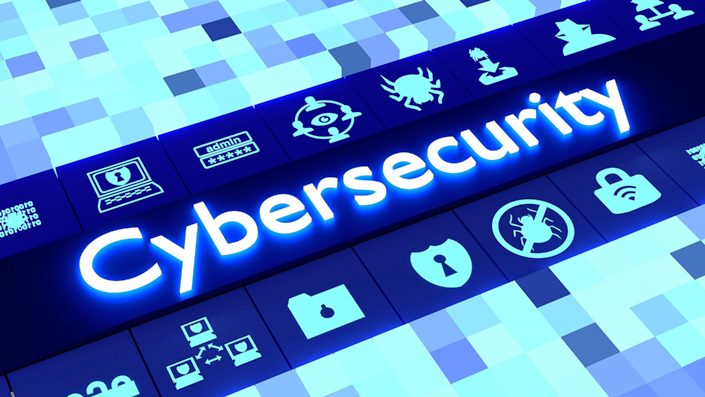In a move to enhance cyber defenses across Nigeria’s banking sector, the Central Bank of Nigeria (CBN) has mandated all banks to implement a 0.5% cybersecurity levy on electronic transactions.
However, recognizing the potential impact on essential services and operations, the CBN has specified 16 exemptions to this levy.
RELATED: CBN imposes ban on Palmpay, Moniepoint, Opay, and other fintechs over crypto transactions
A circular signed by Chibuzo Efobi, Director of Payments System Management Department, and Haruna Mustafa, Director of Financial Policy and Regulation Department, outlined the exemptions, obtained by PUNCH Online.
Addressed to all commercial, merchant, non-interest, and payment service banks, among others, the circular stated that the levy’s implementation would commence two weeks from Monday, May 6, 2024.
The CBN directive mandates financial institutions to apply the levy at the point of electronic transfer origination, with the deducted amount reflected in the customer’s account as ‘Cybersecurity Levy.’ However, the circular specifies exemptions for 16 transactions from this levy, offering relief for certain electronic transactions.
Transactions exempted from cybersecurity levy
- Loan disbursements and repayments: This exemption applies to the movement of funds related to loans. It won’t be charged on the money you receive as a loan or when you make repayments towards your loan.
- Salary payments: This ensures there’s no additional levy on your salary when it’s electronically deposited into your account.
- Intra-account transfers: This category covers transfers within your own account, even if it’s done between accounts you hold at different banks but under the same name. Essentially, moving money between your own accounts won’t incur the levy.
- Intra-bank transfers between customers of the same bank: Electronic transfers between accounts held by different people within the same bank are also exempted. So, sending money to a friend who also banks with the same institution won’t be levied.
- Other Financial Institutions (OFIs) instructions to their correspondent banks: This applies to transactions initiated by non-bank financial institutions (like payment processors) when they send instructions to banks they work with (correspondent banks).
- Interbank placements: Exemption in this regards refers to short-term transfers of funds between banks, which is a normal part of their daily operations. These placements are exempt from the levy.
- Banks’ transfers to CBN and vice-versa: Any transfers between commercial banks and the Central Bank of Nigeria are covered under this exemption. These transactions are essential for managing the country’s financial system and are not subject to the levy.
- Inter-branch transfers within a bank: Electronic transfers happening between branches of the same bank won’t attract cybersecurity levy. That is; moving money between your accounts in different branches won’t be charged with the levy.
Others are:
- Cheques clearing and settlements: The clearing and settlement process ensures proper transfer of funds when cheques are used. Since this is an internal banking process to finalize cheque transactions, it’s exempted from the levy.
- Letters of Credit (LCs): Letters of Credit are trade finance instruments used to guarantee payments. Transactions related to Letters of Credit are exempt from the cybersecurity levy.
- Banks’ recapitalization related funding: This exemption applies to bulk transfers of funds related to banks increasing their capital base (recapitalization). Only the movement of these large funds from collection accounts is exempt, not everyday transactions.
- Savings and deposits including long-term investments: Deposits you make into your savings account and transactions related to long-term investments like Treasury Bills, Bonds, and Commercial Papers are also exempted from the cybersecurity levy.
- Government Social Welfare Programs: This ensures there’s no levy on transactions related to government social programs, such as depositing your pension payments.
- Non-profit and charitable transactions: Donations made electronically to registered non-profit organizations or charities are exempt from the cybersecurity levy.
- Educational Institutions transactions: This covers electronic transactions involving educational institutions, such as tuition payments made to schools, universities, or other accredited institutions.
- Transactions involving bank’s internal accounts: This applies to various internal transfers banks make to manage their accounts. These include suspense accounts, clearing accounts, profit and loss accounts, inter-branch accounts, reserve accounts, nostro and vostro accounts, and escrow accounts.





























